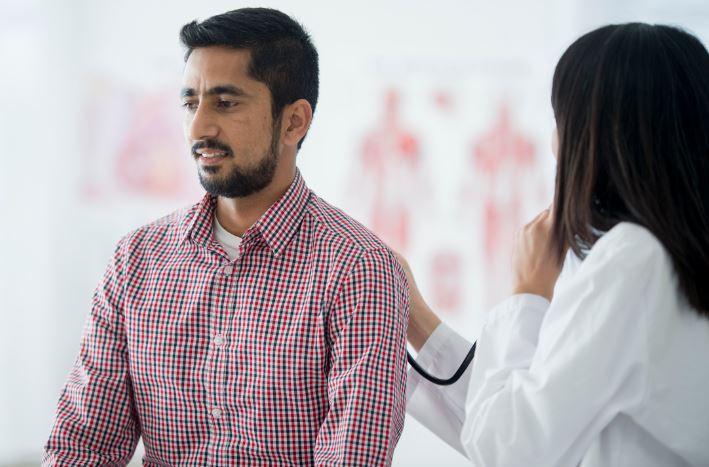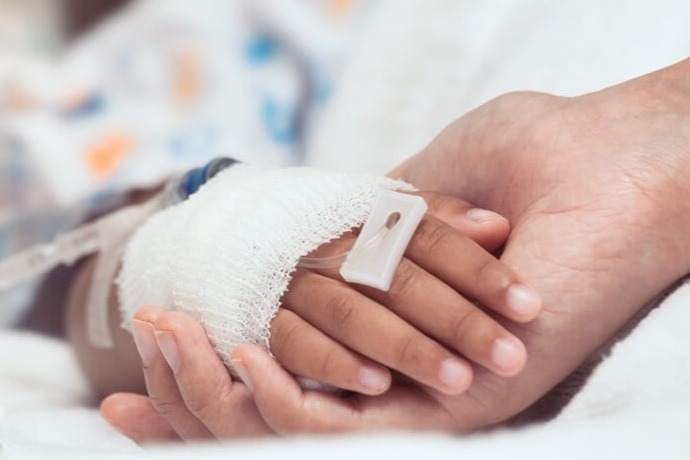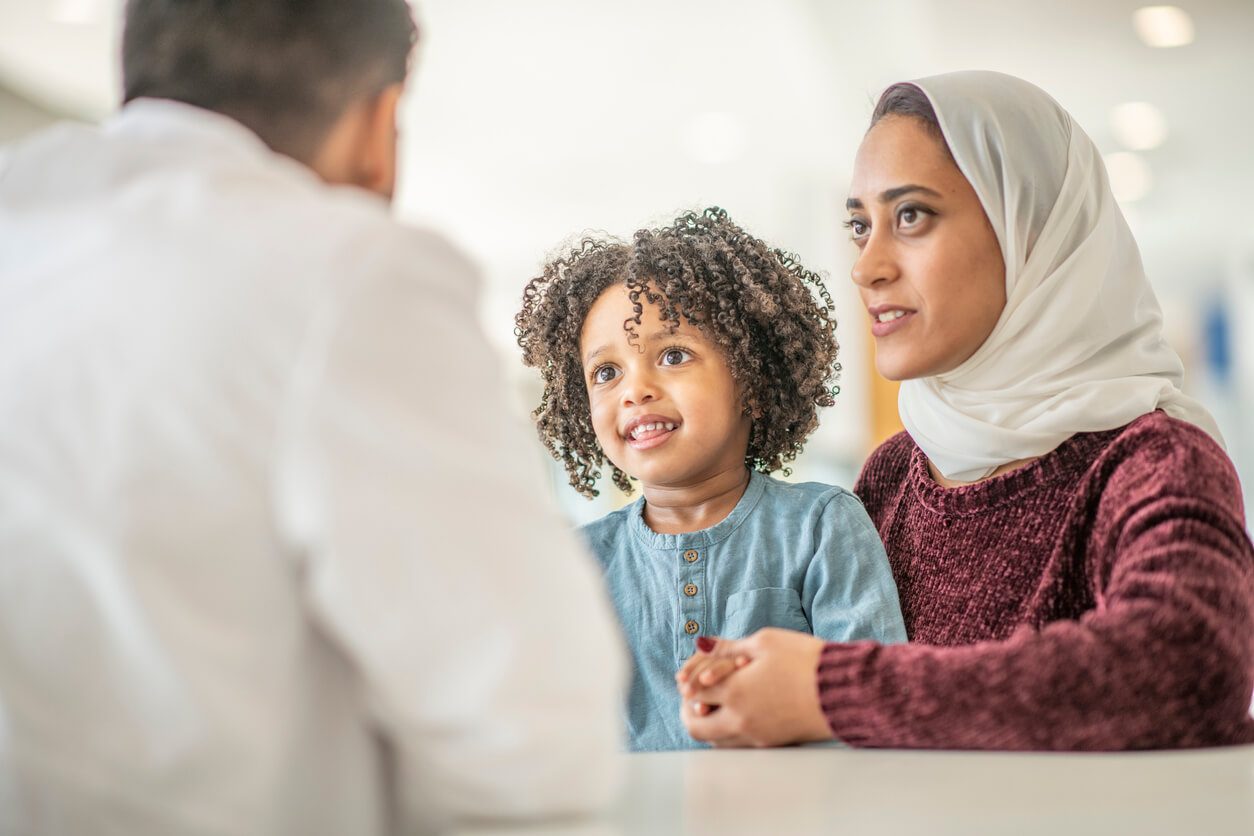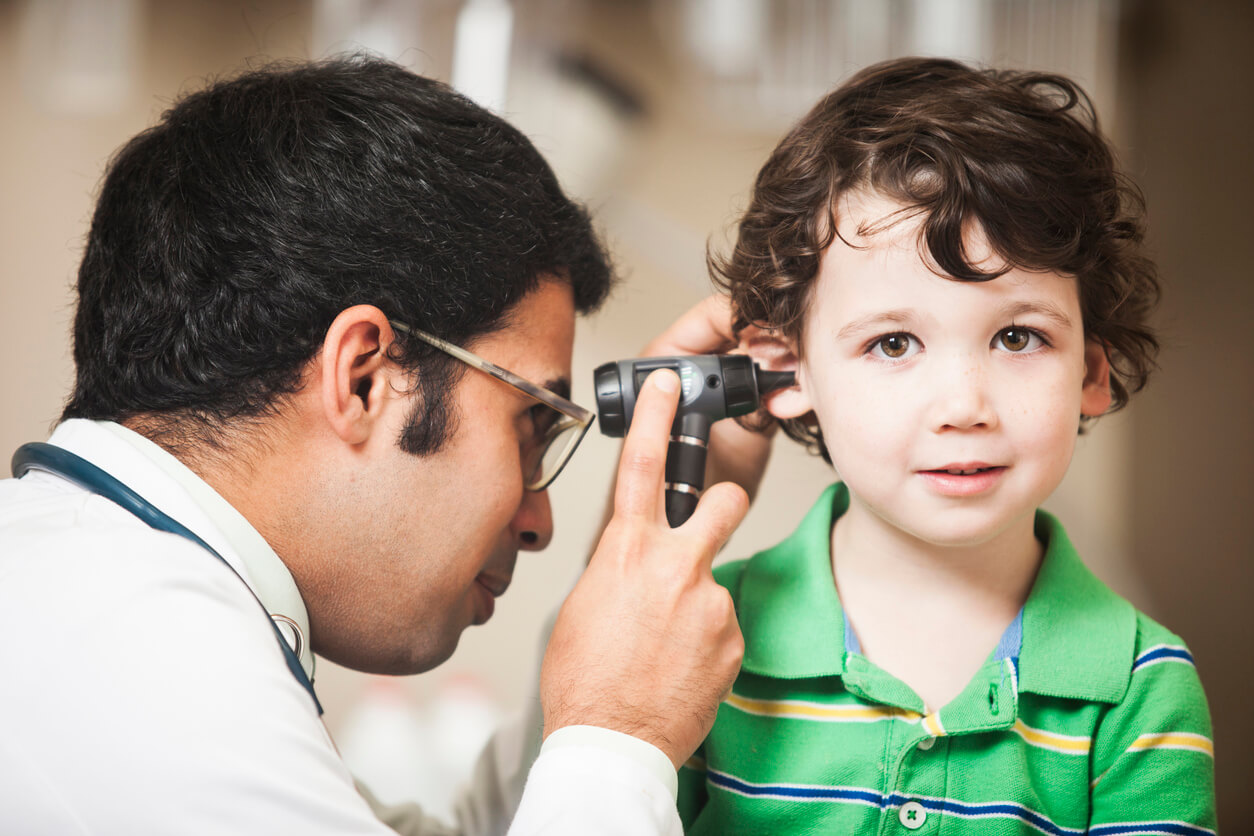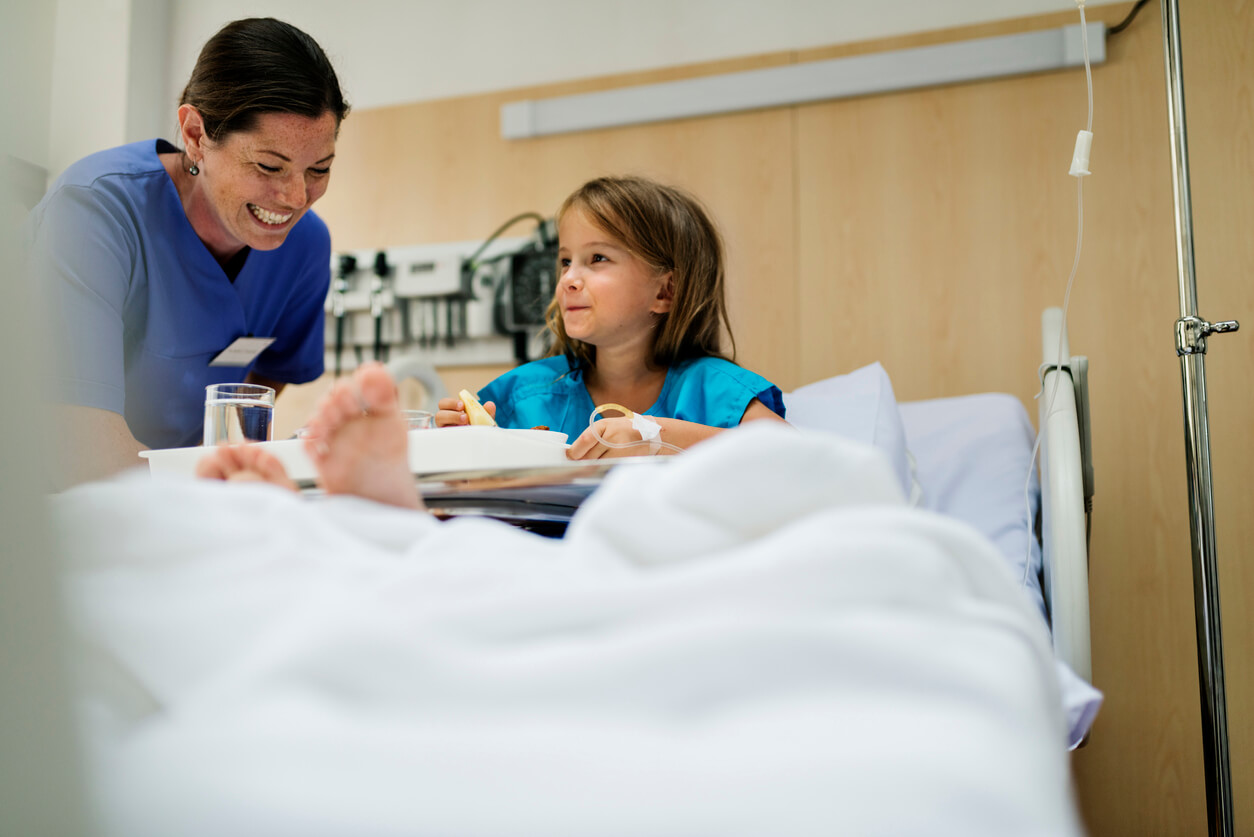-
Diarrhoea can be a party pooper at the best of times. There’s nothing worse than being on holiday in a beautiful tropical location only to be struck down with a severe case of the runs.
So what is it and how can we avoid it? Read on to find out.
What causes diarrhoea?
Watch Medibank expert Dr Zoe Boyatzis explain what can cause diarrhoea, as well as food to eat (and avoid) when you’ve got “the runs”.
What causes diarrhoea?
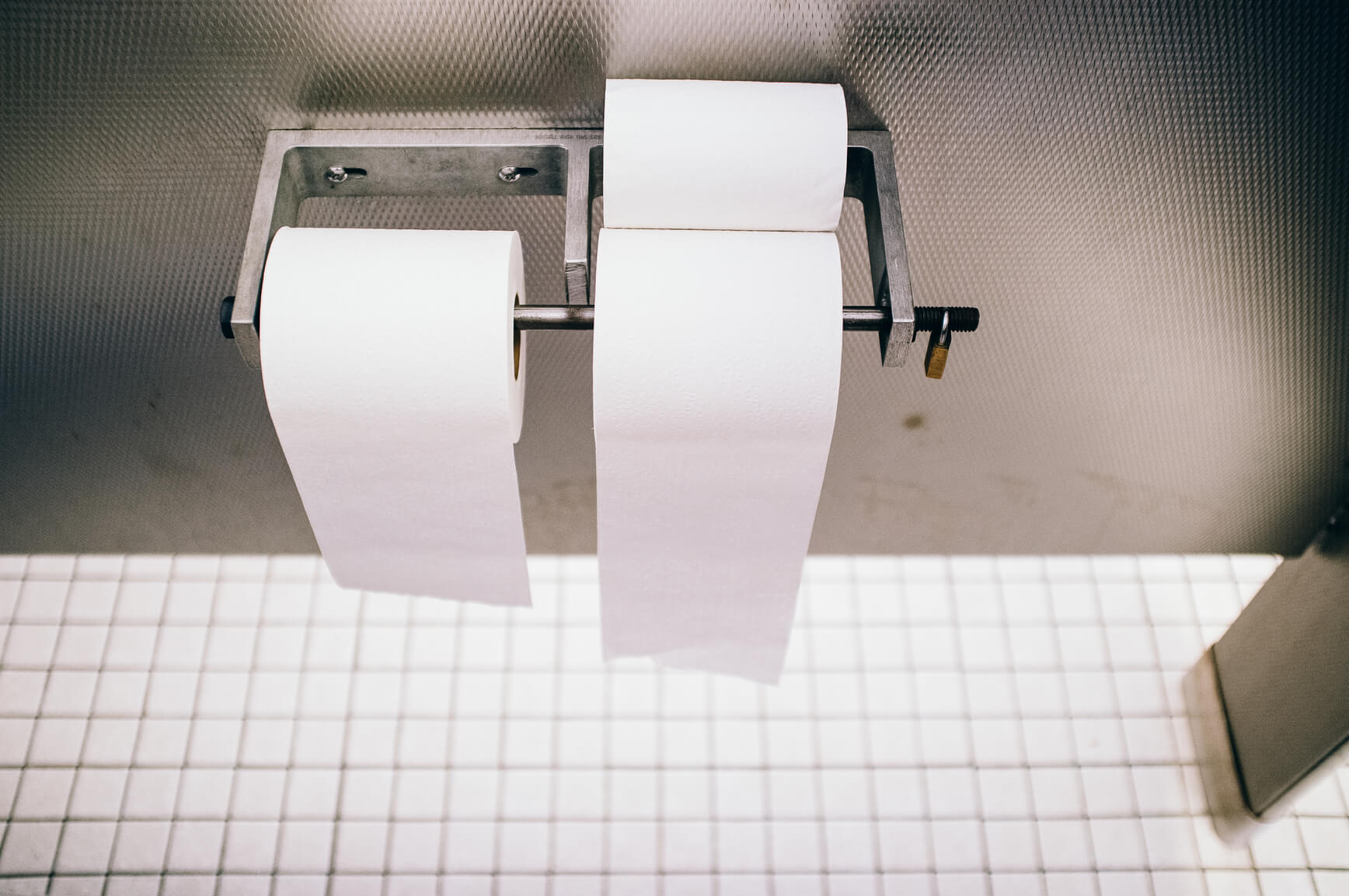
-
In technical terms, diarrhoea is loose, watery stools that occur more than three times a day. The most common cause of diarrhoea is gastroenteritis, otherwise known as gastro. Gastro is a gut infection that can be triggered by viruses, bacteria, parasites and chemicals. It usually passes in a few days but can often be accompanied by vomiting and diarrhoea, and can lead to dehydration.
Gastro is not the only thing that will send you running for the loo, food poisoning, anxiety or emotional stress, excessive drinking, certain medications; particularly antibiotics and chronic diseases or disorders can also cause diarrhoea.
How do I avoid the runs?
Unfortunately there’s no surefire way to prevent diarrhoea, but your best bet is regularly washing your hands, particularly before touching food, and after going to the toilet.
In the kitchen, make sure that your food is fully cooked through (to at least 75 degrees). Prepare raw foods like meat and salad on separate surfaces. If food is meant to be cold, keep it refrigerated and if it’s meant to be hot, keep it above 60 degrees.
When travelling to foreign countries with poor sanitation, it’s best to avoid buffets, salads, fruits that have been peeled and water from the tap as well as home-made ice. A little bit of extra care taken when travelling can keep you off the toilet and by the pool instead.
MORE: Read about the difference between cold and flu here
How do I treat diarrhoea?
Medical treatment for diarrhoea depends on its cause and should be discussed with your doctor. You should however, drink plenty of water as your body loses a lot of liquid; and dehydration, especially in babies and young children, can be life-threatening. Rehydration drinks are also recommended to replace lost salts or minerals and eating starchy foods like bananas, rice, and bread can help.
If you do get a case of the runs, avoiding certain foods may help, including:
- Sugary foods as they stimulate the gut to put out water and electrolytes, which loosen bowel movement.
- Fried or fatty foods as some people may have a hard time digesting fats, causing the colon to secrete fluids and trigger diarrhoea.
- Alcohol, as it’s well known to affect the stomach.
- Spicy foods as they can possibly get you in two different ways, masking fatty foods and causing a burning sensation in the rectum.
MORE: Read about what causes muscle cramps here
When should I see a doctor?
If you are experiencing acute diarrhoea you are potentially contagious, so take it easy and stay at home to reduce the risk of spreading infection. However, if you have serious symptoms like blood or puss in your faeces, painful passage of faeces, repeated vomiting, a fever, or if you’re unable to hold down water, visit your GP.
Learn more about common health conditions in our What Causes series here.
-
Coffee: How much is too much?
We unpack whether a coffee dependency has any health risks, and if so, how much coffee should you really drink?
-
Should you go to the doctor, or the hospital emergency department?
Should you go to the doctor, or the emergency department?
-
Preparing for your child's hospital stay
What to organise before your child's surgery
-
Questions to ask your child’s healthcare team
Important things to ask before surgery
-
Caring for your child after grommet surgery
Tips for a smooth recovery
-
Caring for your child after an adenoidectomy
Tips for a smooth recovery
Subscribe to receive the best from Live Better every week. Healthy recipes, exercise tips and activities, offers and promotions – everything to help you eat, move and feel better.
By clicking sign up I understand and agree to Medibank's privacy policy


